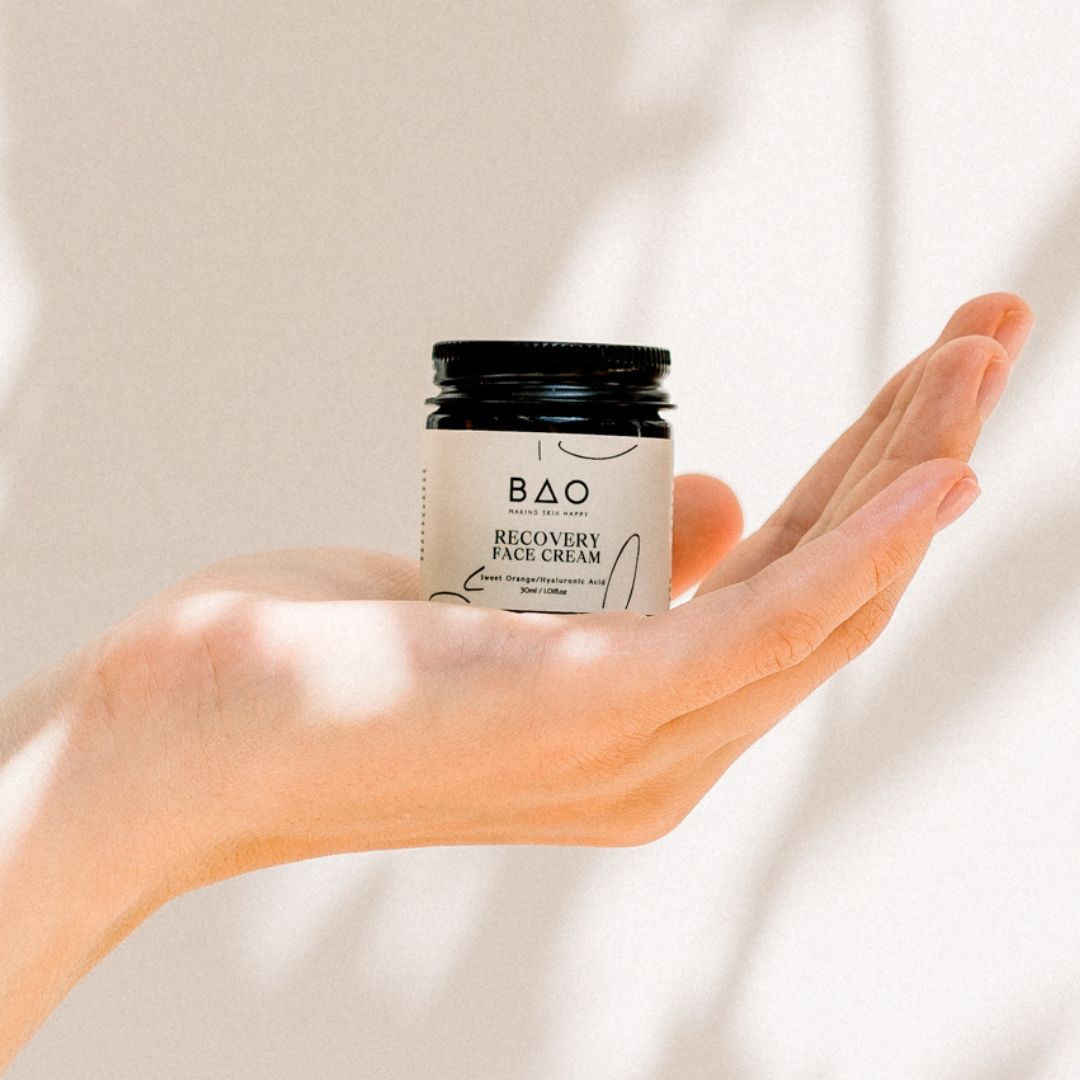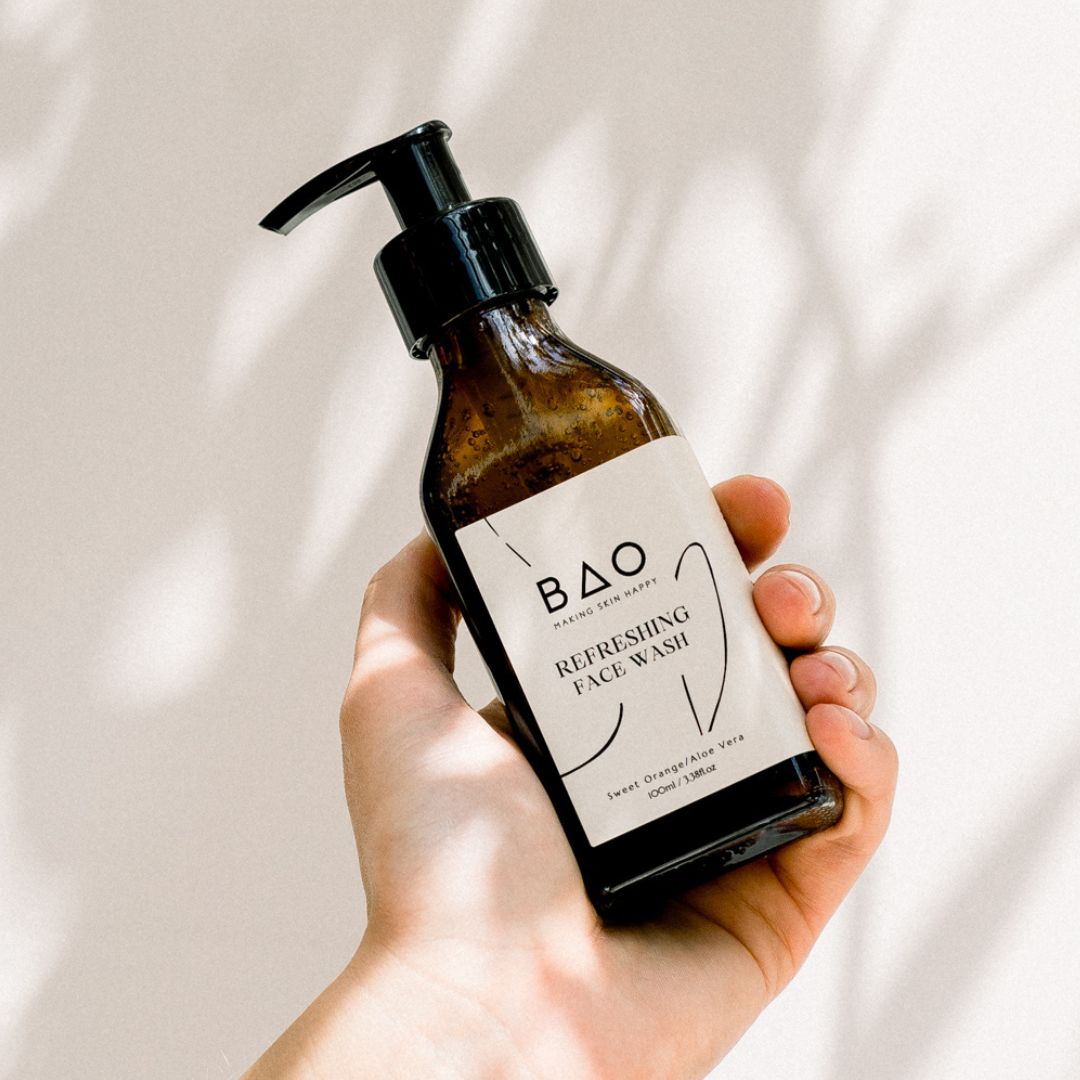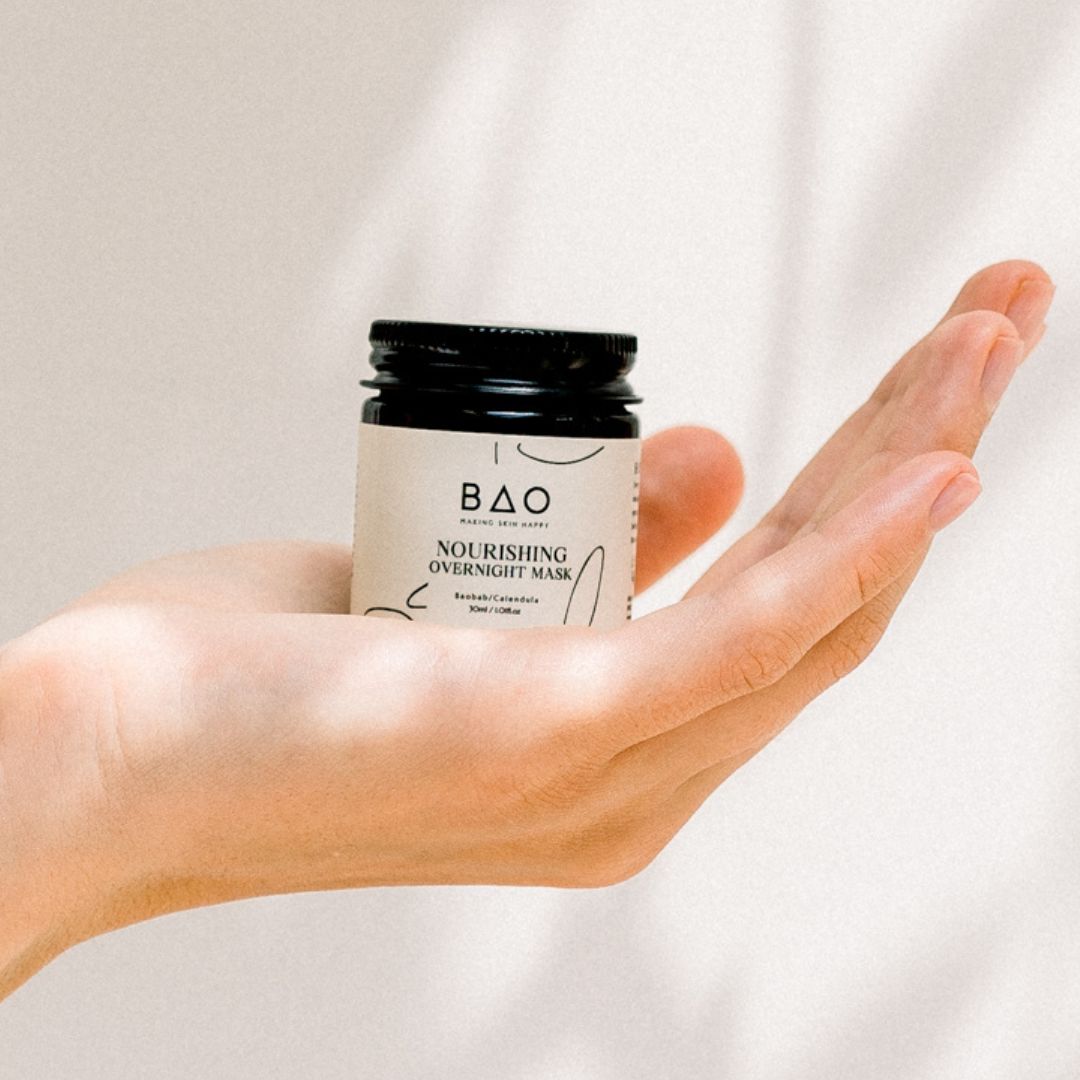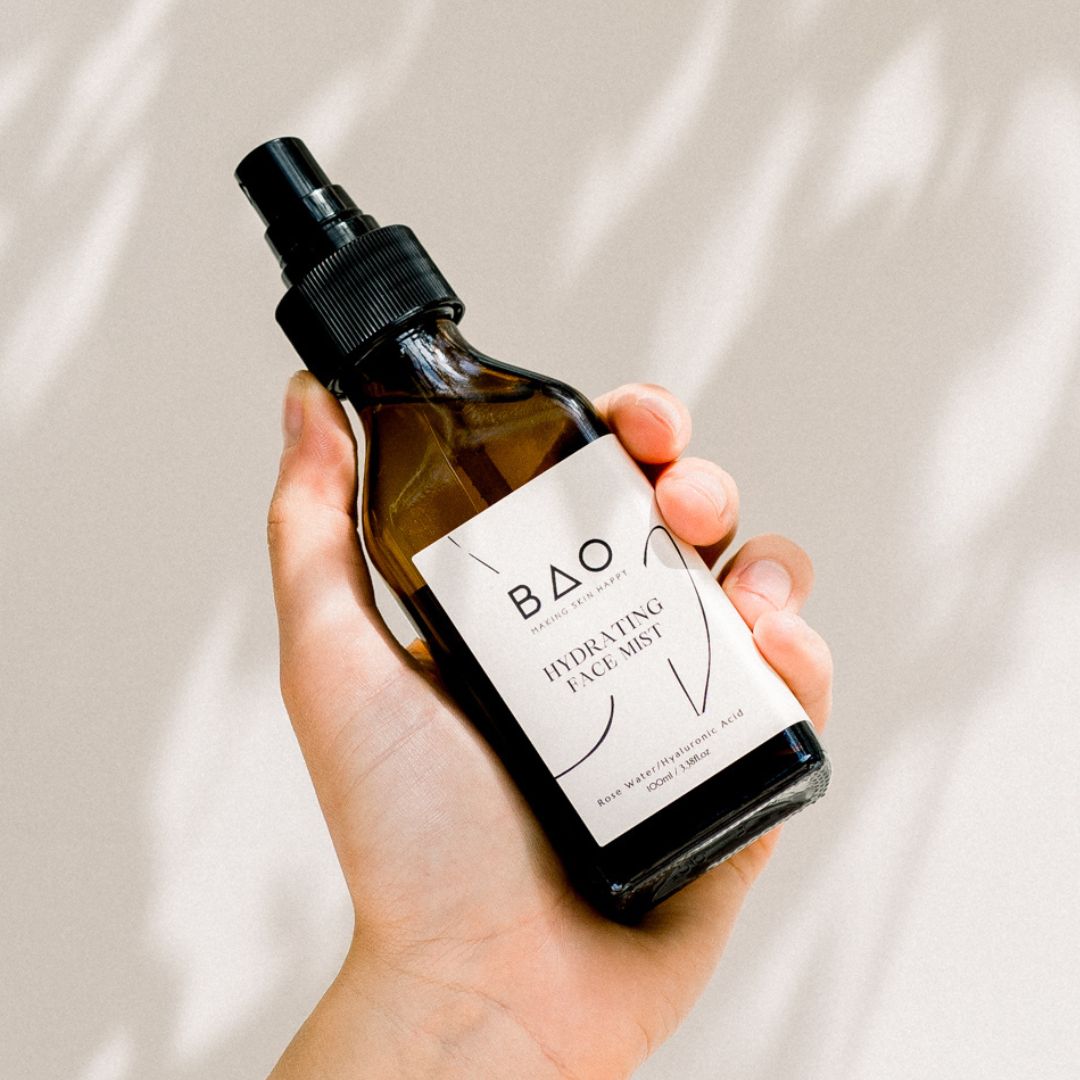If you have oily, combination, or acne-prone skin, the thought of applying more oil to your face might sound like a skincare horror story. But believe it or not, the right facial oils can actually help reduce breakouts—and leave your skin looking clearer, calmer, and more balanced.
So let’s break down why this works (and which oils to use).
What Are Face Oils—And How Are They Different from Serums?
First up, let’s clear the confusion.
Face oils are nourishing blends of plant-based oils designed to moisturise, balance, and protect the skin. They can help with everything from breakouts and inflammation to dryness and sensitivity.
Serums, on the other hand, are typically water-based, lighter in texture, and often target specific concerns like pigmentation, dehydration, or dullness. While serums penetrate the skin quickly, they can sometimes feel a little drying—especially in colder weather or for compromised skin barriers.
The beauty of face oils is that they mimic your skin’s natural oils, reinforcing your moisture barrier and helping the skin stay calm and hydrated.
Best Oils for Blemish-Prone or Oily Skin
Not all oils are created equal—some can clog pores, while others help heal and balance.
Here are some of the best skin-loving oils for oily or acne-prone skin:
- Jojoba Oil – Balances sebum production and closely mimics your skin’s own oil
- Calendula Oil – Calms redness and irritation
- Tamanu Oil – Helps with scarring and inflammation
- Sunflower Oil – Lightweight and rich in vitamin E
Avoid heavier, more comedogenic oils like coconut, avocado, marula, wheat germ, and palm oil on breakout-prone skin.
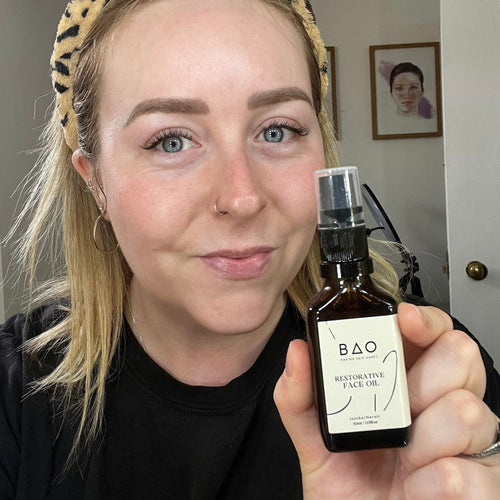
Yes, Your Skin Already Makes Oil—And That’s a Good Thing
Sebum (your skin’s natural oil) is made by your sebaceous glands and plays a vital role in keeping your skin soft and hydrated.
Along with other naturally occurring lipids in your skin’s top layer (stratum corneum), oil:
- Prevents water loss (it’s hydrophobic—meaning it keeps moisture in)
- Protects against environmental damage
- Supports a healthy skin barrier
So, when your skin is dehydrated, it often tries to compensate by producing even more oil—leading to congestion, clogged pores, and breakouts.
How Does Oil Combat Oil?
Here’s the best analogy I’ve got (from my years as a waxing specialist):
If I accidentally spilled wax on the floor, I couldn’t just wipe it up with water—I had to use oil to lift it. Oil breaks down oil. Simple.
The same goes for your face.
Using a gentle oil (like a cleansing balm or facial oil) breaks down the excess oil and dirt on your skin—without stripping it. Harsh soaps and foaming cleansers can disrupt your skin barrier, causing it to panic and produce even more oil, kicking off the dreaded oily/dry cycle.
Will Face Oils Clog My Pores?
Understandably, this is one of the most common skincare fears. But here’s the thing:
Non-comedogenic facial oils (like those in our Restorative Beauty Oil) are specifically formulated to avoid clogging pores. In fact, they help regulate oil production, reduce inflammation, and protect your skin barrier.
✅ Balanced skin = Less excess oil
✅ Less excess oil = Fewer breakouts
Try: Restorative Beauty Oil
If you're ready to introduce a facial oil into your routine, Restorative Beauty Oil is your new best friend—especially if you’re struggling with blemishes, oily patches, or sensitivity.
This lightweight, non-comedogenic blend of certified organic oils (like jojoba, baobab and lavender) is gentle yet powerful. It:
- Hydrates and calms
- Strengthens your skin barrier
- Helps regulate oil production
- Reduces redness and irritation
What Our Customers Say
“After just a few days of using Restorative Beauty Oil, my skin stopped producing excess oil! I kept checking in the mirror for those pools of oil in my pores—but they were gone. I expected a breakout from the oil, but it never came. After two months using Nourish Urself Balm to cleanse, Recovery Face Cream in the morning, and Restorative Beauty Oil at night—my skin is glowing and not greasy. I’m beyond impressed. Thanks, Beth!”—Joanne, Exeter



